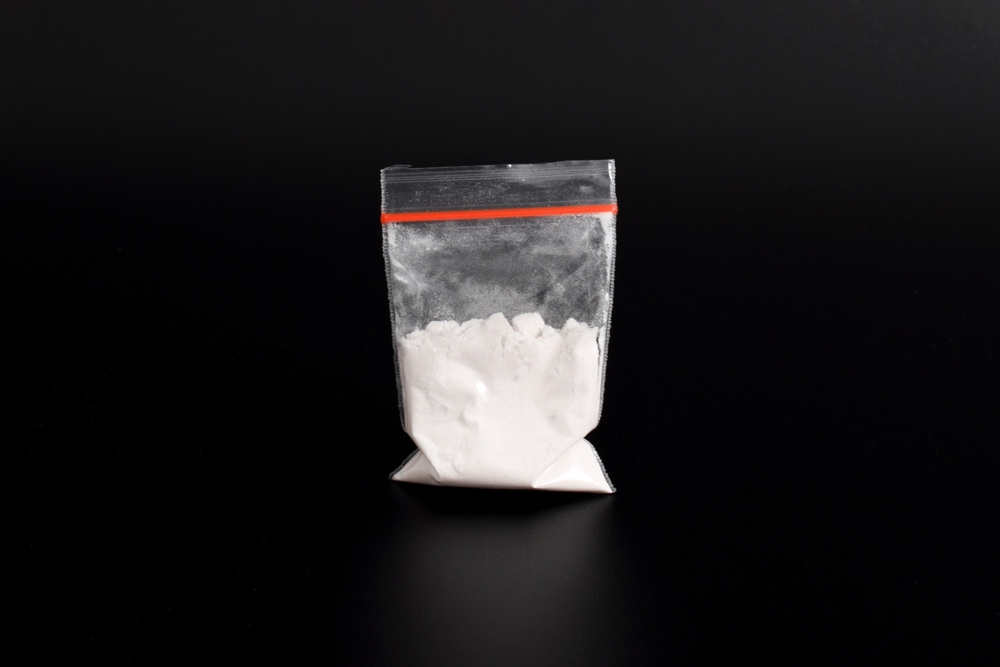According to the NHS, one in four adults in England regularly drinks at levels that put their health at risk. Not …
If each of us were completely honest with ourselves, there likely isn’t a single person who doesn’t desire som …
Research from YouGov shows that over half of all people in Britain are currently taking prescription medication. P …
If addiction is only treated on a physical level, it may be akin to treating someone who is bleeding by wiping awa …
For almost every person who suffers from an alcohol or substance addiction, there will be times when they feel the …
Take a walk through any city centre, switch on your TV, or scroll through social media. Chances are, it won’t be …
We all like to picture our brains working at their sharpest, strongest and clearest. The thought of that power fad …
OnlyFans saw around 468 million website visits in December 2024, making it one of the most visited adult platforms …
According to research, more than half of people addicted to cocaine are also dependent on alcohol, and in most cas …
For anyone battling with an addiction, communicating the pain and torment you’re experiencing can feel impossible. …
For a person hoping to escape the invisible forces of addiction, dealing with just one substance can be a lifelong …
Even after key breakthroughs into its psychological drivers behind addictive behaviours, addiction remains a myste …













